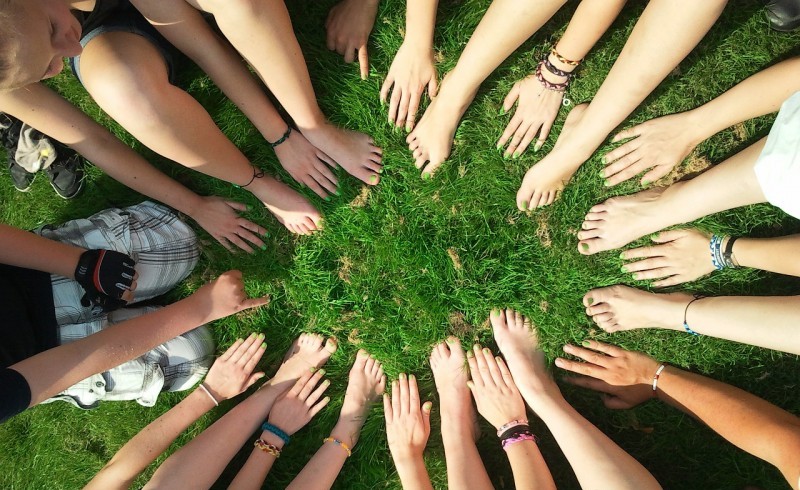Based on the results of the second workshop and reflection meeting of the Competence Cell members who were developing Madonie Living Lab project concept, the third workshop was organised in the Madonie area. It introduced the project concept to a restricted audience* consisting of about 12 people including researchers, SOSVIMA (local governance) development agents and representatives from companies, policymakers and citizens. The co-design of the steps to be taken, the timeline, the resources needed, the risk analysis and management and the communication initiatives were presented.
The Madonie Living Lab structure was discussed, in particular:
- its distinctive features;
- its multi-stakeholder partnership;
- its organisation, management and governance;
- communication and open innovation for user engagement;
- appropriate facilities and infrastructure;
- expertise which is needed to be gathered;
- the sustainability of its business model;
- critical success factors and risks.
The project, developed by the FoTRRIS competence cell, invited participants to workshops and SOSVIMA as the local development agency, capitalised on the results of other EU-funded projects and initiatives (STS-Med, ZERO-PLUS, HABITATS). It used the Living Lab approach to establish the MaLL – Madonie Living Lab concept as an overall methodological framework to facilitate the participatory planning process, involve different groups of stakeholders – citizens, administrators and local companies – in the co-creation and joint development of platforms and services connected to glocal challenges and in the establishment of a smart & green community.
MaLL was also meant to be a territorial innovation hub in which all actors of the Inner Areas Strategy would participate, a network of physical and virtual spaces for the development of suitable solutions for glocal challenges, and a link between the pillars of the sustainable rural development strategy for Madonie area through demonstration and scale-up actions.
The MaLL project aims to: a) support local communities through participation in experimenting new approaches to responsible research, innovation and entrepreneurship; b) provide equipped spaces and facilities to allow competence and experience sharing; c) match the demand of local communities for strategic planning of sustainable development, quality of life improvement and smart management of local resources.
International acknowledgement within the ENoLL – European Network of Living Labs has been asked for to learn new methodologies for the growth of rural communities through the participation in integrated projects, to exchange good practice through contacts with international organisations and associations, to search for mobility opportunities for students, staff and professionals.
The implementation process of the MaLL project includes four main steps:
- Vision at the political and administrative level and participation to maximise local value creation, raising awareness and community empowerment
- Knowledge and design thinking (analysis of data, promotion of idea-generation initiatives)
- Demonstration of appropriate technologies in relevant, open environments
- Business models (attracting investors and partners, project financing and crowdfunding, cross-sector engagement, co-ownership)
RRI will inspire the innovation process design in MaLL to link the innovation topics to effective local needs, to foster open consultation of stakeholders, to promote user-driven idea-generation supported by an open innovation platform, to set up dedicated innovation labs to accelerate solution development and validation by final users.
* The third workshop was restricted to the facilitators of the process (innovators, local development agents and researchers, supervised by local authorities) to formulate the roadmap of the Living Lab project (MaLL).
Comments are closed.


